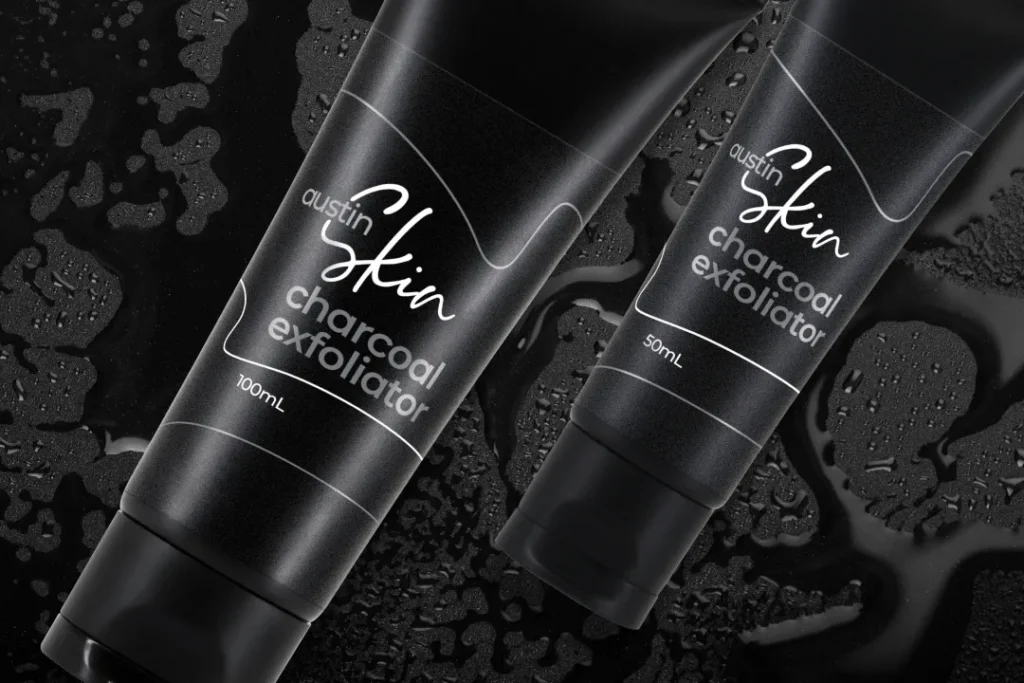Go Deep with Cosmeceuticals
Let’s start with a key difference with cosmetic skincare products, the kind you might buy at a pharmacy or online and work on the surface of your skin. Cosmetic skincare products are good for cleansing and softening, BUT … the improvements they offer are temporary.
Cosmeceuticals, on the other hand, are science-backed formulations that penetrate deeper. They work at a cellular level to repair, protect, and transform your skin’s barrier function and appearance.
Unlike their over-the-counter cosmetic skincare cousins, cosmeceuticals often contain active ingredients such as vitamin C, retinol, peptides, and growth factors. These active ingredients are added in concentrations proven to create change, not just cover up flaws.
Everything Old Is New Again: Ancient Cosmeceuticals
The development of cosmeceutical products traces back thousands of years to the earliest civilisations that blended beauty with function. In Ancient Egypt around 4000 BCE, people used crushed red ochre and kohl (derived from galena) not only for adornment but also for practical purposes such as sun protection – marking one of the first instances where cosmetics served both aesthetic and therapeutic roles.
Similarly, in Ancient Mesopotamia, the Sumerians and Babylonians practiced sophisticated cosmetic rituals that influenced later cultures, reinforcing the connection between appearance and well-being.
Fast forward to modern times, the concept of cosmetics with scientifically proven skin benefits took shape in 1961 when Raymond Reed first coined the term cosmeceutical. A decade later, in 1971, dermatologist Albert Kligman popularised the term through his pioneering research on retinoic acid, demonstrating its ability to improve sun-damaged skin.
This fusion of cosmetics and pharmaceuticals laid the foundation for today’s cosmeceutical industry, where beauty products are designed not only to enhance appearance but also to deliver measurable dermatological benefits.
4 Reasons Cosmeceutical Skincare is a Winner
“Cosmeceuticals are skincare products with an importance difference,” explains Dr Susan Austin. “They combine the cosmetic benefits of makeup with the pharmaceutical-like, therapeutic effects of medicine.” Her top four reasons for recommending this next-level skincare are:
Visible, Lasting Results – Clinical testing ensures efficacy, not empty promises.
Medical-Grade Formulations – Developed with dermatologists and scientists.
Targeted Action – Whether it’s pigmentation, acne, or ageing, each ingredient has a purpose.
Safety – Rigorous testing means less risk of irritation or ineffective fads.
At Austin Clinic, every product we recommend – like those from Austin Skin, Allmedic, and all Aspect products – has been chosen for results you can see and feel.
3 Ways to Spot a TRUE Cosmeceutical
In the modern age, we’ve all learned to be detectives when it comes to claims made by products we purchase, especially online … especially when it comes to skincare. So, how can you tell a true cosmeceutical? Dr Susan Austin, offers this simple checklist:
- The product is sold or endorsed by medical professionals.
- It lists high-performance active ingredients with concentrations.
- It’s supported by studies or clinical data.
- You notice visible improvement after consistent use.
Austin Clinic: Your Partner in Skin Health
This KNOW-vember, we’re helping you take the guesswork out of skincare. Explore our full range of trusted, clinically backed products in the clinic or online – and enjoy 15% OFF Austin Skin, Allmedic, and Aspect while you’re at it.
Because the more you know about your skin, the better your results will be.
Offer valid through 30 November
Follow us all month for more KNOW-vember education and deals!




